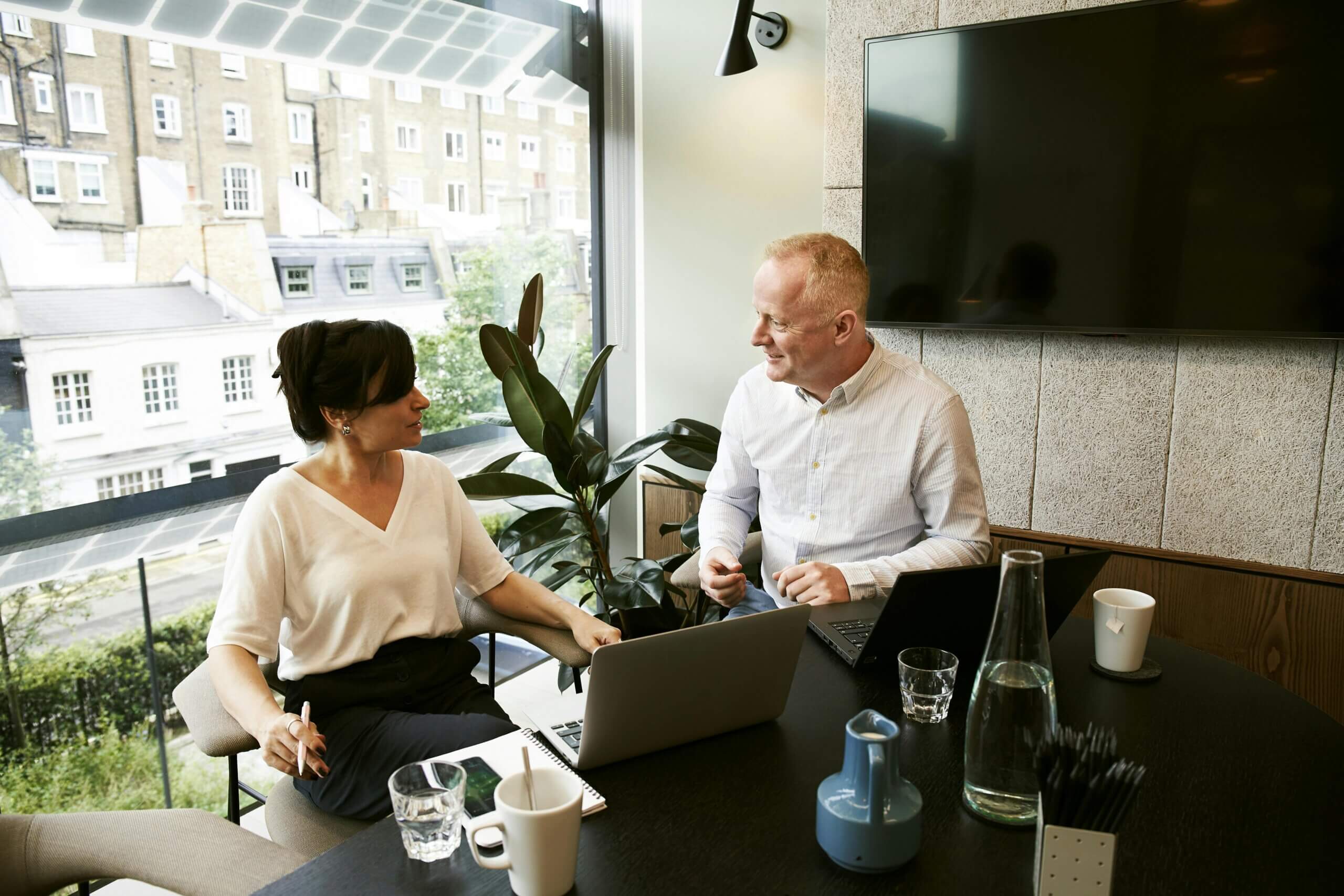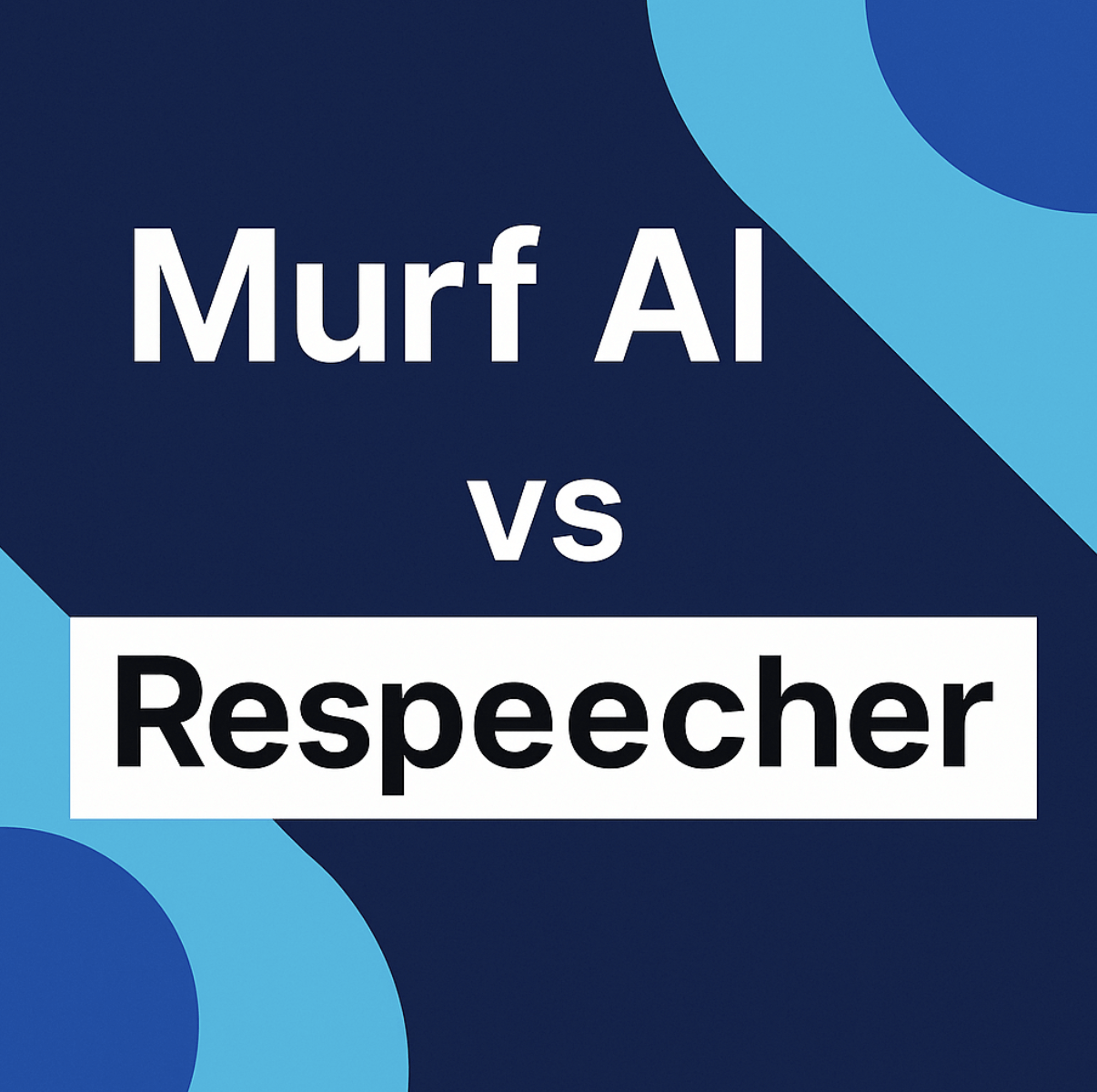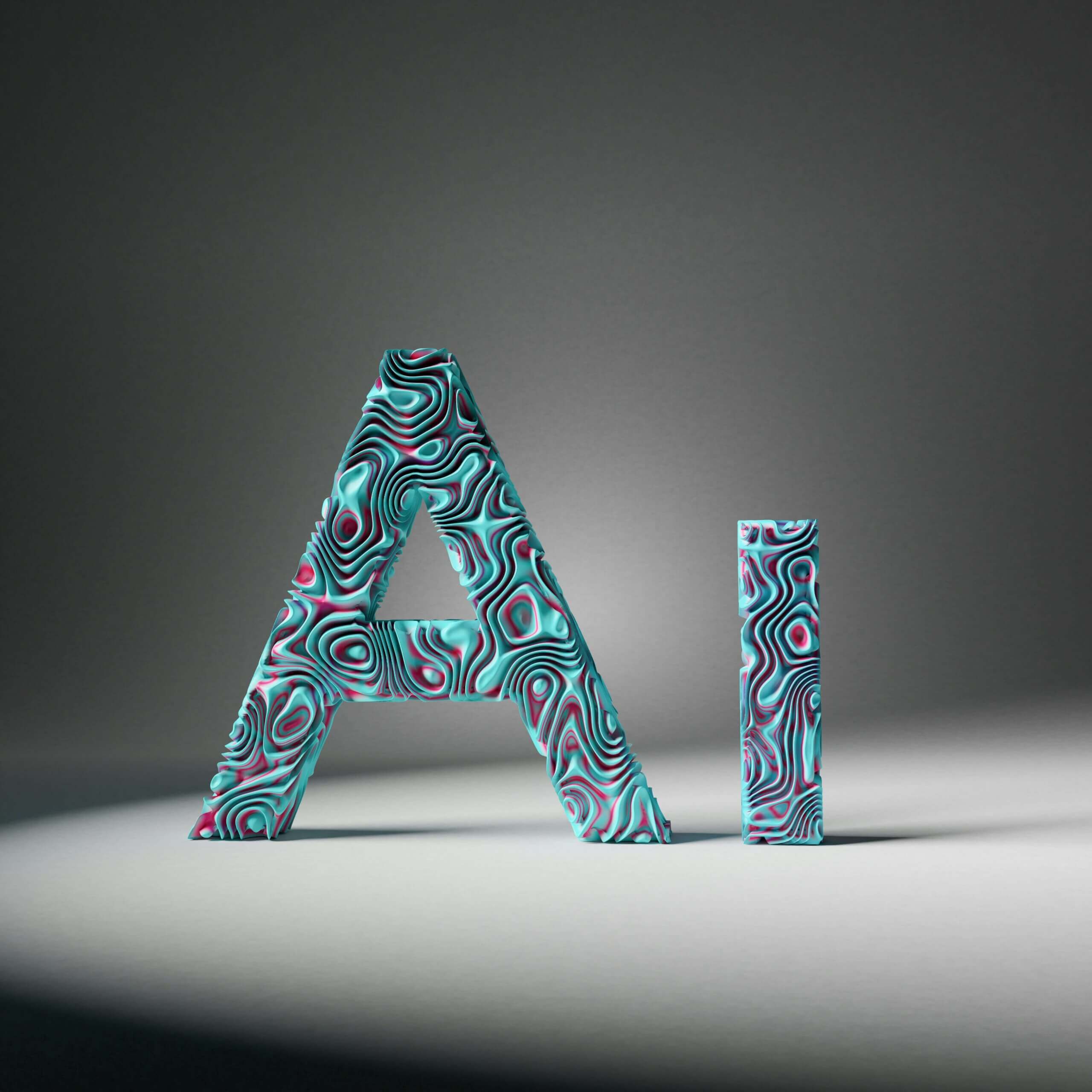
Maureen Brooks
Freelance Writer
16.08.2024
Transitioning into the year 2024, the trends of home design are in the middle of a drastic shift.
Today’s homeowners do not want to live in houses with facades or designs and the layout of rooms that look like those of other houses. However, they are now demanding one-off, truly individual homes and remodeling that reflect their individuality, their ways of life, and a newfound awareness of the environment.
Thus, today’s and tomorrow’s homes are being designed and built with the help of new technologies and environmental trends and exhibiting comfort, functionality, and aesthetics.
Here are seven key trends in custom builds and renovations that we think will shape home design in 2024.
Top 7 Home Design Trends In 2024
1. Sustainable materials and practices
Eco-friendly sustenance has always been one of the main trends in home design, as well as the usage of material and energy-efficient technologies. Owners are becoming sensitive to the environment and employing recycled material, including wood, metals, and paints with low volatile organic compounds. In addition to the use of recycled, sustainable materials as in previous trends, energy-efficient windows, sun panels, water-saving appliances, and others are now standard icons of custom builds and renovation. Through the incorporation of these elements, homes not only catalyze a reduction in carbon emissions but also add long-term value and beauty.
2. Smart home integration
The smart home revolution is getting to the next level, and 2024 will be the year during which custom builds and renovations will be a part of the technology, not the other way around. From lighting control mechanisms that are activated by voice to climate control that is in most cases done by artificial intelligence, smart technology is fast becoming an important aspect of homes. People have shifted their focus towards comfort, safety, and energy control, which provides smart homes more than just being a part of the luxury segment. As part of this safety-focused approach, homeowners are increasingly opting for fire retardant curtains to reduce potential hazards without compromising on style or automation features. The trend towards smarter homes will be even stronger in the future but home technologies will be integrated more discreetly into homes with less focus on the ‘smart’ label and more focus on improving life while preserving the beauty of homes.
3. Collaboration with environmental consultants
Today, unique custom homes and renovations demand increased significantly, and environmental consultants become increasingly relevant for the implementation of green building principles. These people have the responsibility of advising on the location of the home and the law that governs the construction of homes, even the materials that are to be used in the construction of homes. Professional environmental consultants can help homeowners to make sure that their works satisfy environmental legislation requirements as well as implement as many environmentally friendly elements as possible. This partnership proves most useful in the design and construction of houses that are contemporary and luxurious while being environmentally friendly.
4. Biophilic design elements
A concept known as the biophilic design that centers on the interrelation of residents with nature is set to define home design for 2024. This method aims to include some natural aspects like plants at home, water features, natural lighting, and the like. The aim is to design places at home that may be healthy and friendly to our bodies and minds and, at the same time, beautiful. Biophilic design is even more common in cities or areas where people can only rarely get in contact with nature. With the incorporation of interior natural elements, the homeowner is in a position to design a natural environment within a facility that is relaxing from the urban environment.
5. Flexible and multi-functional spaces
The Flexitarian Lifestyle proposes working from home, which has resulted in the need for homes that are flexible for various uses. Custom build and refurbishment projects in 2024 will have more flexible areas, used for more than solely one purpose. Substances or furniture that perform a specific activity during the day may well be used for quite another function at night; Thus, there are home offices that double as guest rooms, living rooms that transform into theater, and Kitchens that act as meeting points. Design freedom, therefore, not only optimizes the percentage of useable space but also means that the occupants get to live in environments that accord with changing demands.
6. Personalized design and customization
Flexibility is the key principle of contemporary houses, and individuals are trying to make their dwellings as unique as possible. By 2024, this encapsulation will show up in terms of specific custom graphics and products such as local cabinets and fixtures, exclusive furniture, and artwork. For homeowners looking to blend timeless aesthetics with sustainable design, incorporating brands like Ian Mankin Interiors can offer a harmonious combination of bespoke fabrics and eco-friendly practices, ideal for creating unique and personalized spaces. It is in this area of focus that Griffin reminds one that every detail of a home is decided by the owner since it is one of its kind. This trend also applies to renovation projects, and homeowners are focusing on alterations of the space to better match their requirements and preferences.
7. Concentration on well-being and comfort
Health and wellness are now features of home design, with an increasing trend towards creating a home setting that supports one’s health. Such trends can be mentioned in using non-toxic materials, better air quality inside the home, fitness spaces including home gyms, meditation spaces, pool installation and luxurious bathrooms that are similar to spas. Incorporating elements of zen Japanese interior design into these spaces can further enhance tranquility and promote a balanced, stress-free environment. By the year 2024 houses will be built to provide comfort as well as privacy from the real world and its pressures. Householders may enlist the services of environmental consultants to maximize comfort while working on the health and sustainability of the environment.
Conclusion
The forecast of home design for 2024 is a combination of invention, ecological consciousness, and individual-tailored home design. Here, the cost of environmental consultants will likely rise as more homeowners call for custom builds or renovations that respond to their requirements and beliefs. Such specialists will oversee the implementation of sustainability concepts and products so that dwellings that are created are both aesthetic and practical, as well as ecological.
Thus, by knowing about these trends and being a step or two ahead, both homeowners and designers will be able to design living spaces that meet the needs of the modern world perfectly. The houses of 2024 will adopt intelligent homes, biophilic designs, and innovative spaces so that they match luxury with sustainability and comfort.





